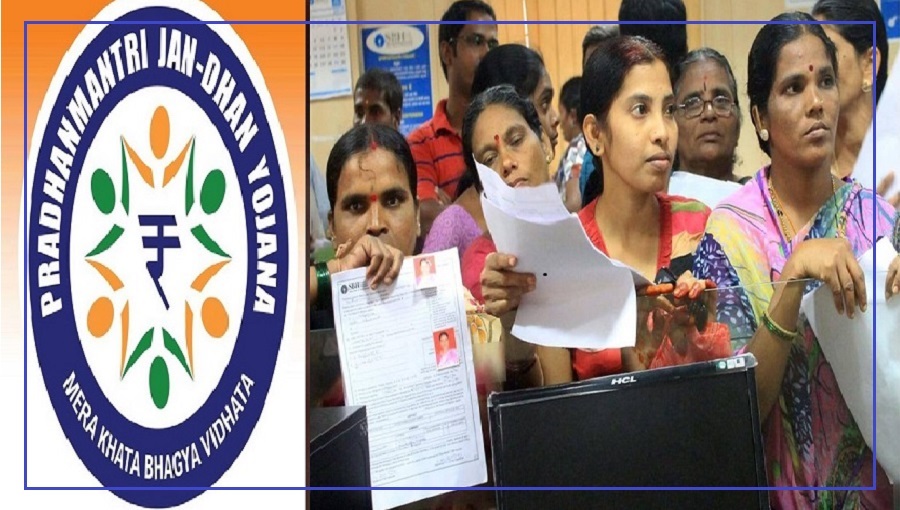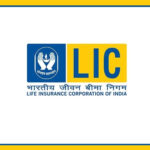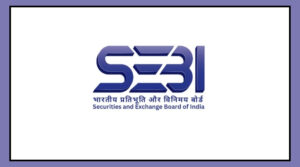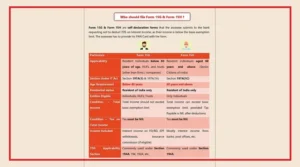Pradhan Mantri Jan-Dhan Yojana (PMJDY), the government’s initiative for financial inclusion and providing banking services to the underprivileged, has marked a significant milestone.
With an aim to bridge the gap and uplift the economically weaker sections, the scheme has successfully opened more than 50 crore accounts, totaling over 2.03 lakh crore rupees in deposits.
Massive Outreach and Rural Upliftment
As per the latest report by the Finance Ministry, the count of Jan Dhan accounts surged beyond 50 crores by August 9, 2023.
Notably, 56% of these accounts belong to women, demonstrating the program’s empowerment impact.
Furthermore, a remarkable 67% of the accounts have been opened in rural or semi-urban areas, thus extending the reach of financial services to previously underserved regions.
Substantial Deposits and Empowerment
These accounts hold a staggering sum of more than 2.03 lakh crore rupees. Additionally, the scheme has distributed approximately 34 crore RuPay cards free of cost to beneficiaries.
The average balance in PMJDY accounts stands at Rs. 4,076, and more than 5.5 crore accounts are benefiting from Direct Benefit Transfer (DBT) provisions.
Ministry’s Perspective on the Success
The Ministry highlighted that the PMJDY has not only transformed the financial landscape of the country but also achieved remarkable saturation in bank account access for adults.
The program’s triumph lies in its innovative approach, utilizing technology to link even the remotest segments of society with the formal banking system.
PMJDY: A Journey of Transformation
The inception of the Pradhan Mantri Jan-Dhan Yojana scheme was announced on August 15, 2014, by PM Modi himself.
Officially launched on August 28 of the same year, the scheme offers various benefits, including zero balance accounts, accidental insurance coverage up to Rs 2 lakh, free Rupay debit cards, and overdraft facilities up to Rs 10,000.
The initiative has not only brought millions into the fold of formal banking but has also worked towards fostering financial independence and empowerment among India’s vulnerable populations.
With its ongoing success, the PMJDY stands as a testament to the potential of inclusive financial policies to drive positive change and uplift communities.

























